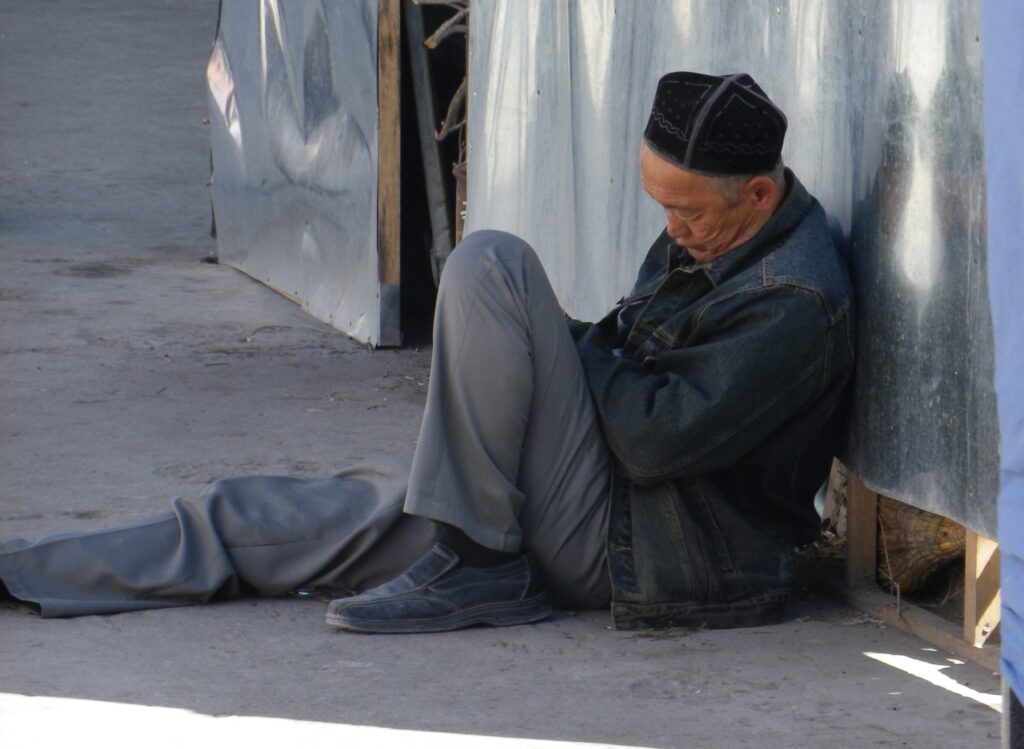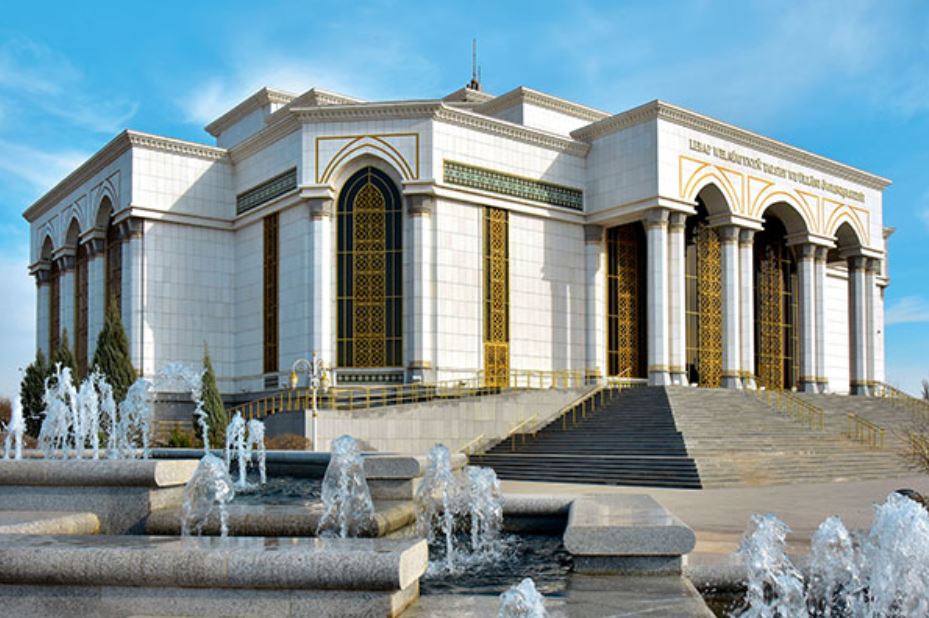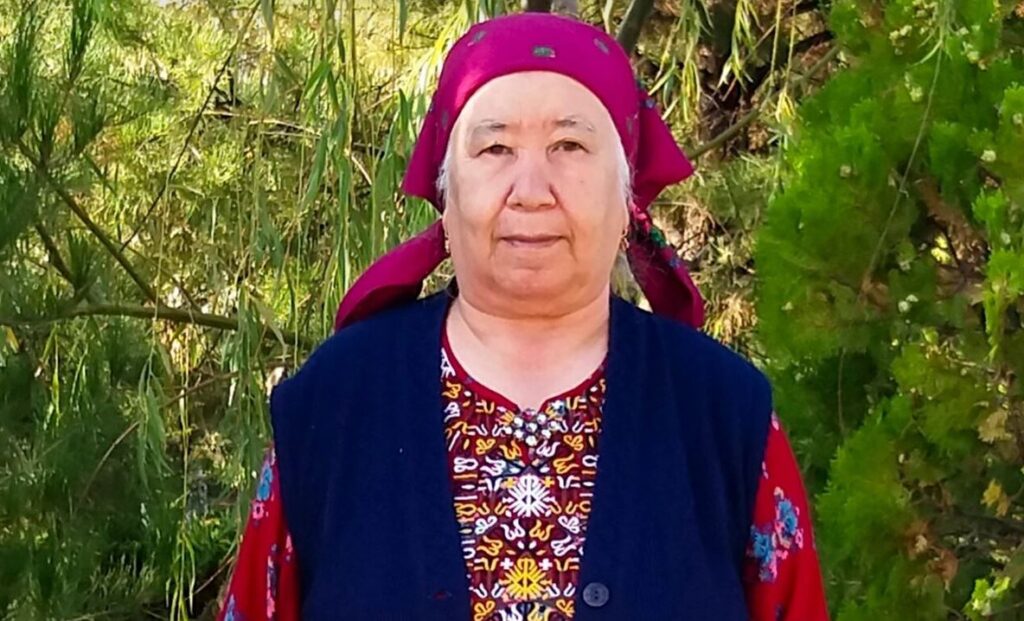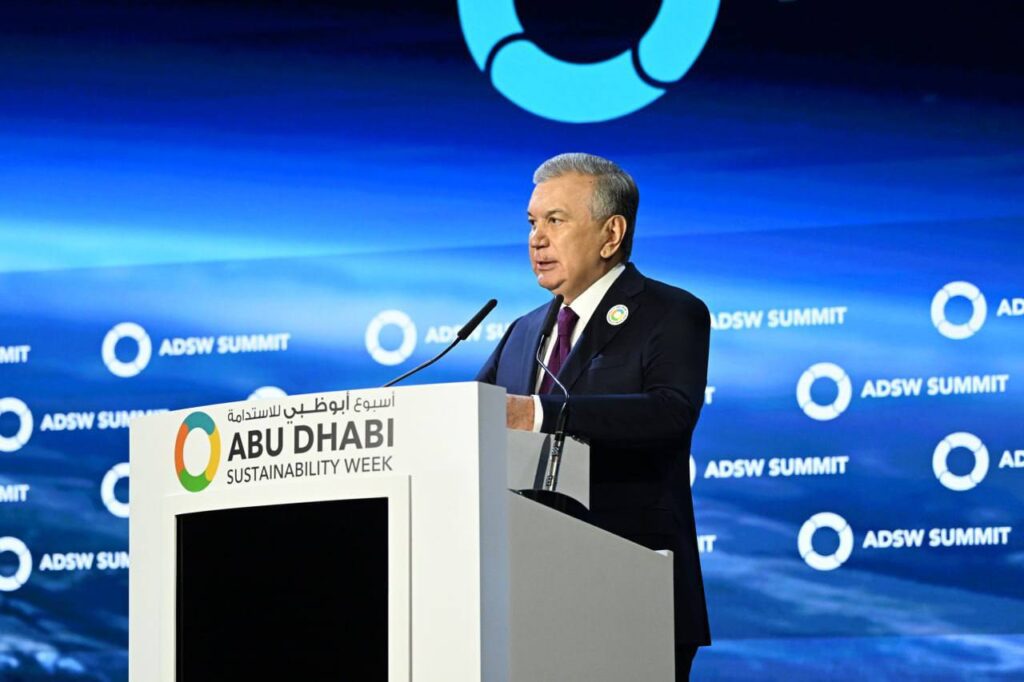BISHKEK (TCA) — Turkey is one of the major trading partners of Kyrgyzstan, Kyrgyz Economy Minister Arzybek Kojoshev said at the Kyrgyz-Turkish Investment and Trade Forum in Ankara late last week.
Strengthening and development of relations with Turkey is among priorities in Kyrgyzstan’s foreign policy, the minister stressed.
Trade and investment
In spite of the existing big potential, trade between Kyrgyzstan and Turkey was $312.2 million in 2014. For 11 months of 2015, it was $232.8 million. Kyrgyzstan exports beans and jet fuel to Turkey and imports clothing, footwear, textile products, boilers, electrical machinery and equipment, hygiene items, and medicines.
During his visit to Turkey in 2014, Kyrgyz President Atambayev proposed increasing bilateral trade to $1 billion.
Over the past 20 years, Kyrgyzstan has received more than $324 million of Turkish direct investments. During this period, the average annual amount of foreign direct investments from Turkey has increased from $16 million to $40 million.
More than 300 joint Kyrgyz-Turkish companies are operating in Kyrgyzstan.
As a full EEU member, Kyrgyzstan is now more attractive for Turkish investors to create joint ventures and supply their products duty free to the EEU member countries.
At the forum, Kyrgyz Economy Minister Kojoshev and Turkish Deputy Prime Minister Numan Kurtulmush stressed the need to strengthen economic and trade cooperation and to implement mutually beneficial economic projects.
Attracting investors
Minister Kojoshev told the forum about Kyrgyz Government’s efforts to improve the investment climate and business environment including elimination of administrative barriers for investors, improvement of the legislation, and trade liberalization.
According to amendments to the Law “On investments” adopted in 2015, Kyrgyzstan provides investors with the most favorable tax treatment for up to 10 years (so-called stabilization regime). The country has the most liberal tax regime in Central Asia.
The Investment Promotion Agency under the Economy Ministry (IPA), created in 2014, can provide investors with information on procedures for the development and promotion of investment projects including public-private partnerships. At the forum, IPA Director Almaz Sazbakov presented investment and business opportunities in Kyrgyzstan.
Kyrgyzstan is ready to host Turkish businesses that are now under Russian sanctions. From the beginning of 2016, Turkish companies have been prohibited from participating in government and municipal tenders and construction projects in Russia. Kyrgyzstan is ready to fill this niche for Turkish companies. Relations between Moscow and Ankara worsened after Turkish Air Forces shot down a Russian Su-24 bomber in Syria in November 2015.
Turkish business was actively involved in the construction sector in Russia, and construction companies of Kyrgyzstan intend to enter the Russian market instead of the Turkish companies.
Kyrgyzstan intends to attract investors for the construction of new power generating facilities on the Naryn River, Minister Kojoshev said. Earlier this month, Kyrgyzstan denounced agreements with Russia on the construction of Kambarata-1 hydropower plant (HPP) and the Upper Naryn HPPs cascade.
Kojoshev also invited Turkish companies to invest in Kyrgyzstan’s agricultural sector, especially in agro processing and production of agricultural machinery, where the most favorable tax treatment has been created. The government exempted entities engaged in this sector from almost all taxes.
Kyrgyzstan also proposed to invest in its tourism sector.
Joint projects
Turkish investors are now implementing several joint projects in Kyrgyzstan, including the construction of a textile factory in the Kara-Balta town in the Chui province (Denise Textiles LLC). It is planned to launch the factory in six months.
The Turkish company has long been working in Uzbekistan, where the government provides investors with preferences, but decided to come to Kyrgyzstan which has become part of a large EEU market.
Also, a modern livestock slaughtering plant, a meat processing plant and a dairy plant are being built jointly with Turkish investors in Krasnaya Rechka village in the Issyk-Ata district in northern Kyrgyzstan.
At the forum, Kyrgyzstan and Turkey signed three agreements to strengthen economic and trade relations, including a memorandum on the construction of an industrial zone in Kyrgyzstan. In March or April, a large Turkish delegation will visit Kyrgyzstan to study the market and determine the project’s budget.









